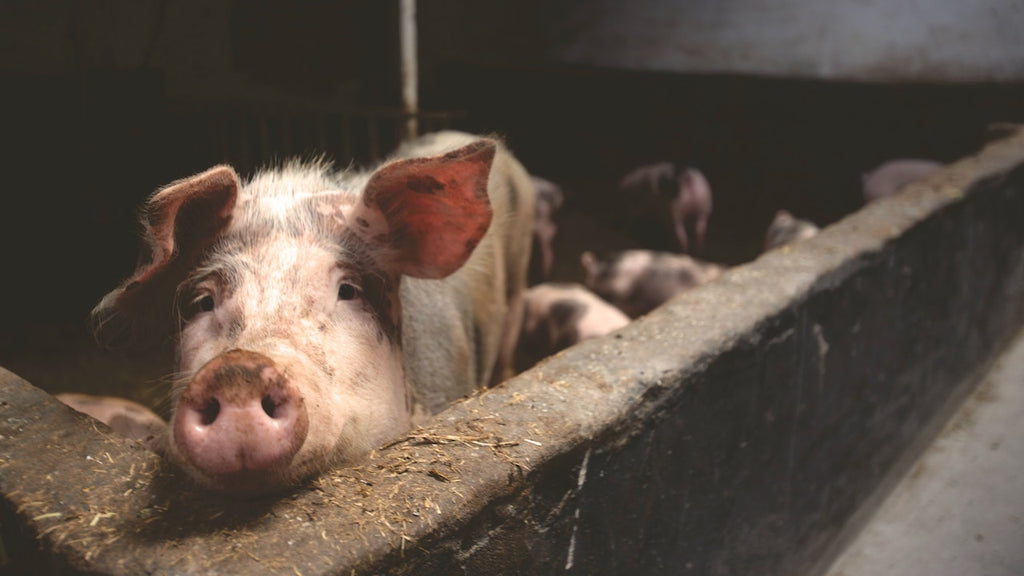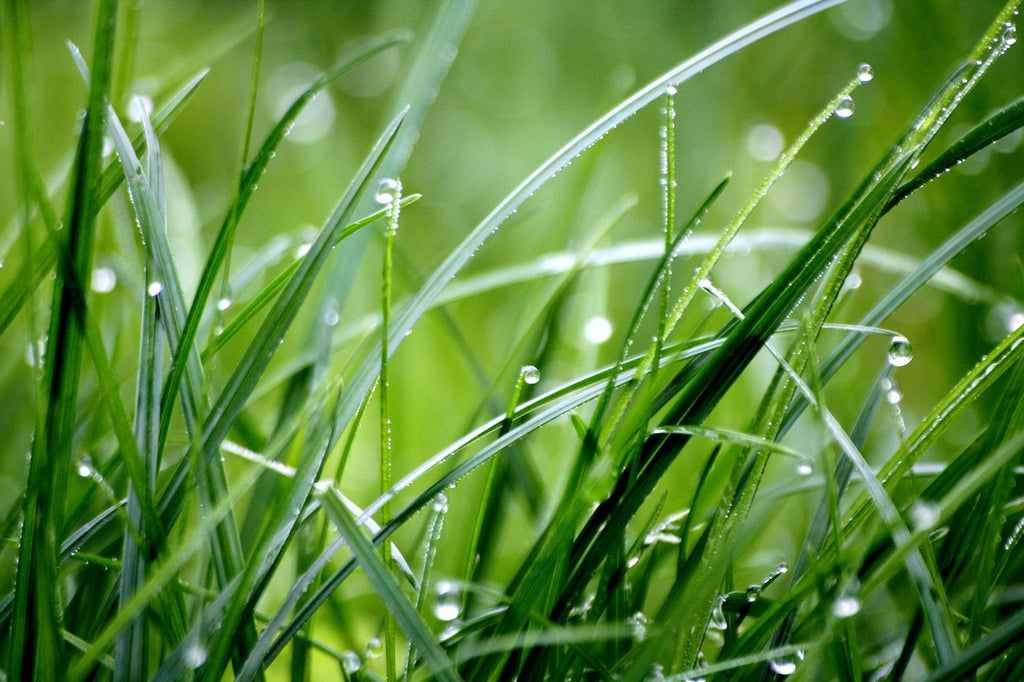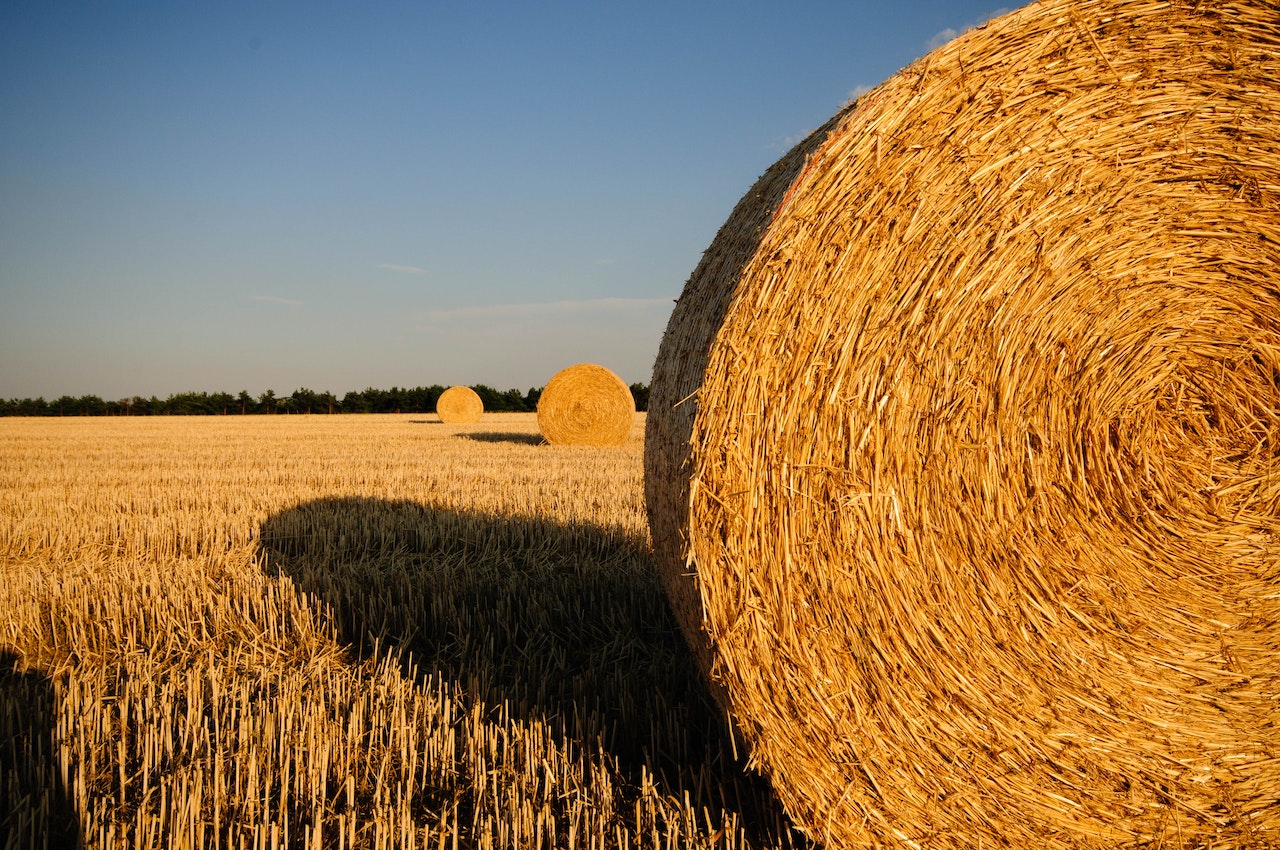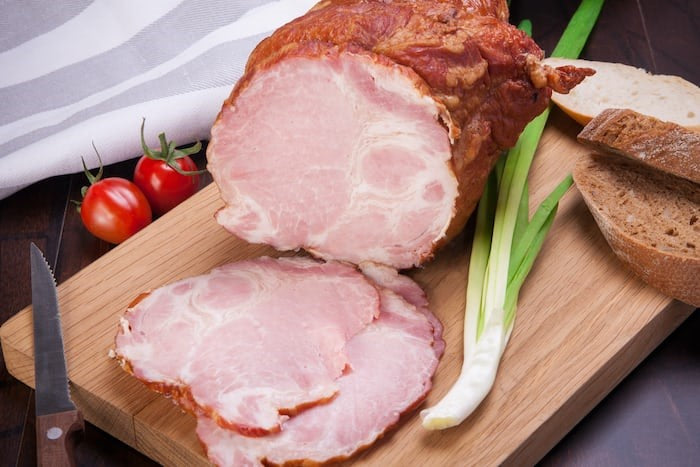
Pigs are omnivorous animals, meaning they have the ability to consume a wide variety of foods, including both plant and animal matter. While many people may associate pigs with a diet of corn and soybean meal, the truth is that they can eat a wide variety of other foods, which includes grass.
Many pig farmers around the world include grass in their pigs' diets. Not only does this provide pigs with a source of fiber and nutrients, but it can also help to reduce feeding costs and improve the health of the animals.
Grass is a natural food for pigs, and it can be an excellent source of nutrients. All you need to make sure as a pig owner is that the grass is fresh and green. Pigs can digest grass effectively, and it can help to improve their overall health by promoting healthy gut flora. Also, reducing the risk of digestive problems.
Can Pigs Eat Grass?
Yes, however Pigs can consume a wide range of grasses, but not all types of grass are suitable for them. Some grasses may contain toxins or other harmful substances that could be detrimental to the pig's health. Therefore, it is important to choose the right type of grass for your pigs to consume. Here are some types of grasses that pigs can eat safely:

Timothy grass
This type of grass is high in fiber and is commonly fed to pigs. It has a low sugar content and is especially easy to digest by pigs.
Orchard grass
Orchard grass is another type of grass that is high in fiber and low in sugar. It is a good source of nutrition for pigs. It is often fed to them in the form of hay.
Clover
Clover is a legume that is high in protein and fiber. It is an excellent source of nutrition for pigs as its fiber content aids their gut digestion. It is a common grass often included in their diet.
Alfalfa
Alfalfa is a legume that is high in protein and calcium among other nutrients. Calcium is known for its amazing role in teeth and bone development. It is often fed to pigs as part of their diet.
Bermuda grass
Bermuda grass is a common type of grass that is often used as a forage crop for livestock. It is high in fiber and other nutrients. It is also a good source of nutrition for pigs.
Rye grass
Rye grass is a cool-season grass that is often used as a cover crop. It is also a high in fiber recommended crop for pigs.
Fescue
Fescue is a type of grass that is commonly used as a forage crop for livestock. It is a good source of nutrition for pigs.
Bluegrass
Bluegrass is a type of grass that is commonly used as a forage crop for livestock. It is high in protein and fiber , which makes them a good source of nutrients for pigs. It is also a good source of vitamins and minerals such as vitamin A, C, Calcium, potassium e.t.c.
Wheatgrass
Wheatgrass is a type of grass that is commonly used as a forage crop for livestock. This grass is also high in protein and fiber, and is a good source of vitamins and minerals.
Red clover
Red clover is a type of legume that is commonly used as a forage crop for livestock. It is highly nutritious and will be a great addition to a pig diet.
Tall fescue
Tall fescue is a type of grass that is commonly fed to livestock. It is high in protein and fiber, and is a good source of several vitamins and minerals.
Smooth bromegrass
another type of grass. It is not as common as others. It is also a highly nutritious plant safe for pigs to eat.
Sudan grass
Sudan grass is a nutritious type of grass that is commonly used as a forage crop for livestock. It gives beneficial nutrients like immunity boost and easy digestion to its consumers.
Switchgrass
Switchgrass is also another high in protein and fiber plant good for your pigs. They also act as antioxidants as well as an immune booster.
Native grasses
There are many types of native grasses that are safe and nutritious for pigs to consume. 7th These grasses vary depending on your location, so it is best to consult with a local expert to find out which types of native grasses are safe and nutritious for your pigs.
Meadow fescue
Meadow fescue is another type of grass that is commonly used as a forage crop for livestock. Just like many other plants they are high in nutrients including fiber.
As they are plants safe for pigs to eat, there are also several types of grasses that are not safe for pigs to eat. Some of these include:
Johnson grass
Johnson grass is a common weed that can be toxic to pigs. It contains high levels of an acid called prussic acid, which can cause cyanide poisoning in pigs.
Bermuda grass
Bermuda grass is another type of grass that can be toxic to pigs. The thing about this grass is that it is safe and healthy if it is consumed in small and adequate quantity. It contains a compound called oxalate, which can cause kidney damage in pigs if consumed in large quantities.
Sudan grass
Sudan grass is a type of grass that is commonly used as a forage crop for pigs among other livestock. However, it can be toxic to pigs if it is not harvested at the right time. When Sudan grass is young, it contains high levels of prussic acid, which can cause cyanide poisoning in pigs. Thus, always watch out to be sure your pigs are not feeding on something that could kill them.
Sorghum
Sorghum is another type of forage crop that can be toxic to pigs because it contains high levels of tannins, which can cause digestive issues and reduce the absorption of nutrients in pigs.
Fescue
Fescue is a type of grass that is used as a forage crop for livestock. However, it can be toxic to pigs if it is infected with an endophytic fungus. This fungus can cause a condition called fescue toxicosis, which can cause a variety of health issues in pigs. This could go further by killing your pigs.
This is why, as mentioned earlier, always make sure your grasses are fresh before allowing your pigs to feed on them.
In conclusion,
it is important to be aware of the types of grasses that are not safe for pigs to eat. If you are unsure about whether a particular type of grass is safe for your pigs, it is only best to consult with a veterinarian or experienced pig farmer.
Also, remember that it is important to provide pigs with a balanced diet that includes a variety of different types of healthy food items.



